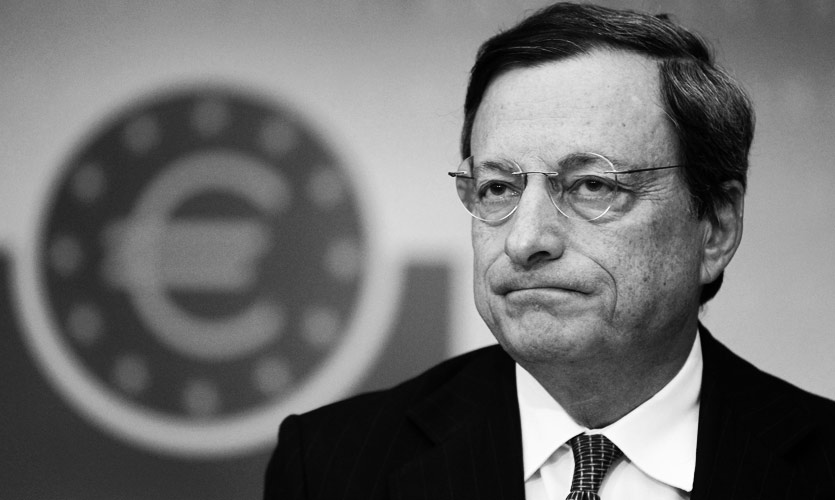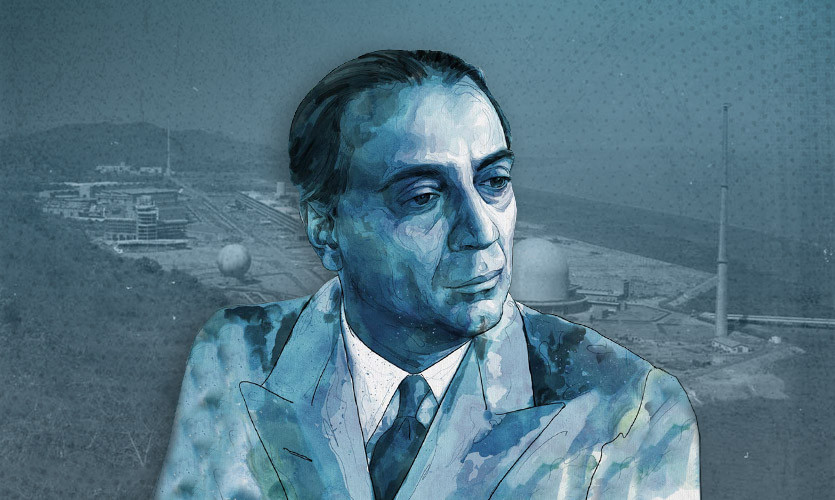The current Italian prime minister, Mario Draghi has been lauded for his efforts during the last six months, for bringing the country on track for better economic growth. However phenomenal, his reforms need to be taken with a pinch of salt.
President Sergio Mattarella appointed Mario Draghi in February this year, after continued tumult amid the previous ruling coalition. Draghi’s credentials as an economist, especially as one who led the European Central Bank in the wake of a global crisis, have been key in his appointment and fast-tracking Italy’s recovery plan. As President Mattarella’s seven-year term entered its final six months at the beginning of August 2021, it assured that snap elections could not be held in the country until a new head of state is elected. Although this might seem to guarantee some stability for the otherwise politically disturbed country, it also allows for Draghi to continue his crusade unchecked and let disapproval across party lines brew stronger.
The Italian Reform Job
Following his appointment, Draghi secured the approval of €191.5 billion in COVID rescue funds from the European Union, the highest share of the bloc’s €750 billion pandemic recovery reserves. In addition to his experience in being the “saviour of the euro”, his relationships with bureaucrats in the EU and Brussels has driven the European nations’ newfound trust in Italy.
“The economic policy of the Italian government led by Mario Draghi is evaluated as largely positive by the international market,” says Antonino Spadaro, a constitutional law professor with the Mediterranea University of Reggio Calabria, Italy. He explains, “Draghi’s international authority as an economist, and the policy’s compliance with the economic policy lines of the European Union, are the contributing factors to this acceptance.”
Draghi’s appointment has been a welcome change for the country and its economy, especially in the aftermath of the second COVID wave. “In fact, the National Recovery and Resilience Plan developed by the Draghi government, has allowed Italy to access most of the funds destined for the European Next Generation EU program aimed at recovering the economies of the old continent after the COVID-19 pandemic,” says Spadaro. “It is no coincidence, moreover, that the Italian GDP is currently the fastest growing in the EU,” he adds.
This was followed by the criminal justice reform introduced last month that passed a confidence vote in the Lower House on August 3. Italy’s justice system, which has been termed as “sluggish”, is infamous for the backlog of cases it experiences. “The biggest aim of the reform is to make sure each trial has a sentence as definitive and as quickly as possible,” said Justice Minister Marta Cartabia in a Repubblica Sunday interview. The reform seeks to change the way trials against state institutions are carried out, implement simpler proceedings and execute stricter statutes of limitations in criminal prosecutions, enabling the dismissal of cases.
United In Ulterior Motives
The Five Star Movement (M5S) seems to have fallen flat, failing to not only hold the premier accountable but also in sticking to their tenets. Even though the previous justice system was instated by the M5S, Draghi’s proposal saw little opposition in the parliament. Noteworthy, former prime minister from the party, Giuseppe Conte had stated that the movement will be “united in voting in favour”, prior to the confidence vote. As explained in the World Politics Review, Justice Minister Cartabia “wanted to simply end the trial and let the defendant go free if a verdict had not been reached within a given time limit”. While there were some changes reportedly made in the fine prints of the amendment on the prompts of the M5S, it has largely remained unchanged. This, and the reform itself, could both set an extremely dangerous precedent, infringing on citizens’ rights to demand accountability from the state.
Similarly, the problematic aspects of Draghi’s economic policy also seem to have been overshadowed by the applause. His plans to implement a fresh tax system “to ensure people pay their dues”, seems to have gathered less traction. “The actual spending power of the huge amounts of financial resources that Italy will soon have presents uncertain prospects,” points out Spadaro. He continues, “The approval of a partial tax amnesty as part of this policy, probably under pressure from the conservative part of the coalition in power, can have arduous consequences that seem to have been disregarded.”
Even though Draghi has no movement of his own, he has managed to fend off political criticism and rivals, without breaking a sweat. It is an unimaginable task in a country as politically motivated as Italy. As much turbulence as they create, the lawmakers seem to understand the need of the hour. The EU’s conferring of funds for COVID recovery to Italy is conditional. It is contingent on the country speeding up its justice process, among other things. The “freedom of action” provided to Mario Draghi, both in Rome and by the EU, has been exceptional. While previous leaders have been known to not be too dynamic and comply with EU regulations, Draghi has brought motivated changes. However, after thorough analysis, his actions hitherto comply with EU wishes regardless.
Additionally, the presidential election slated for next year kickstarted the white semester (semestre bianco), during which the parliament cannot be dissolved. Moreover, according to a Bloomberg report, Draghi himself could be projected as a potential head of state. There have also been talks of the possibility of President Mattarella extending his term by a year, to allow for uninterrupted facilitation of Draghi’s work. The local elections scheduled to be held in the major cities of Rome this October could be more telling, with the coalition and other parties vying to make their marks.
Draghi’s leadership has proven defining so far, superficially, with immediate problems like the COVID-19 pandemic being dealt with effectively. But to think that it may be the calm before the usual political storm may not be a far-reaching conjecture.
The Horus Eye is a weekly column written by Divya Bhan analysing current affairs and policies. This column does not intend or aim to promote any ideology and does not reflect the official position of The Sparrow.
Also read: India’s Presidency Of The UN Security Council And What To Expect
Also read: With The Afghan Taliban Outgrowing Pakistan, Will India Take The Limelight?










